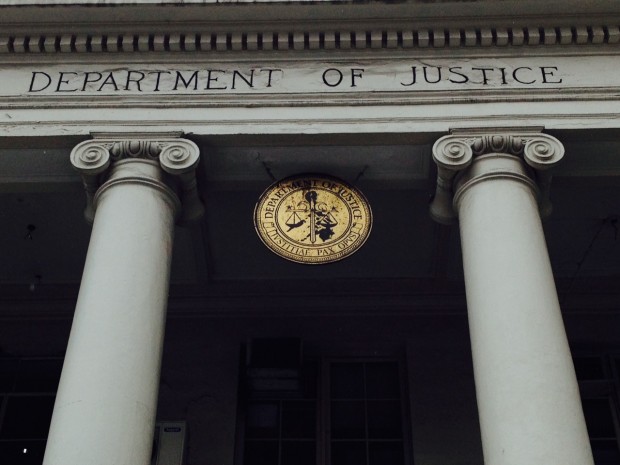EXECUTIVES of companies sequestered by the government which do not cater to the needs of the public are no longer required to file statements of assets, liabilities and net worth (SALN), according to the Department of Justice.
In a legal opinion dated March 30, Justice Secretary Emmanuel Caparas responded to the Philippine Commission on Good Government (PCGG), which had sought the DOJ’s advice after the Office of the Ombudsman ordered a general manager of one of the IRC group of companies to submit a SALN.
The IRC group comprises the companies surrendered to the government by the late businessman Jose Y. Campos, an admitted Marcos crony, after the 1986 Edsa Revolution that ousted strongman Ferdinand Marcos.
Not public officials
“[I]t is our position that the subject corporations are not government-owned or controlled corporations (GOCCs), and accordingly its officers/employees are not public officials/employees… [T]here is no basis to clarify with the Ombudsman that the requirement on the submission of SALNs does not apply here,” Caparas said in his seven-page legal opinion addressed to PCGG Commissioner Ronald Chua.
The secretary also cited a Supreme Court decision in 2000 in the case of Leyson v Office of the Ombudsman, where the high tribunal defined a GOCC as a stock or non-stock corporation vested with functions related to public needs, whether governmental or proprietary in nature. It should also be owned by the government directly or through its instrumentalities either wholly or, in case of stock corporations, to the extent of at least 51 percent of its capital stock.
Real estate, investment
Through the case, the court ruled that sequestered companies such as the United Coconut Planters Bank, Coconut Industry Investment Fund and Radio Philippines Network were not GOCCs and, thus, their officers were not considered public officials.
The justice secretary also said the PCGG had earlier determined that the IRC companies were engaged in real estate and investment that were not in any way related to a public need despite being fully owned by the state.
Answering another query from Chua, Caparas said the IRC group and other sequestered firms may engage the “additional, concurrent” services of external auditors, without infringing on the authority of the Commission on Audit (COA).
The secretary recalled that in the 2002 case of Development Bank of the Philippines v COA, the Supreme Court ruled that under the Constitution, the COA does not have the exclusive power to examine and audit government agencies.
